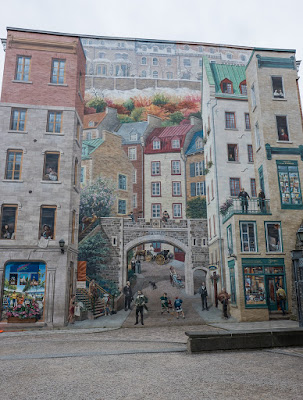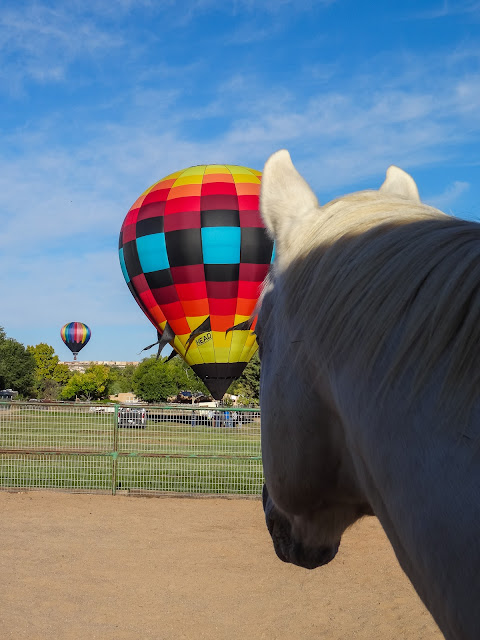Mid-week Mexico Check-in
One of the last things
we did before we left for this trip was to purchase and deliver a couple of
gifts for two boys on our village “wishing tree.” A nice pair of Sony over-the-ear
headphones for Aiden and a cool Lego village building kit for Deaghan. We went
back to see if there were any wishes left, but happily our fellow Corraleños had come through – the tree was bare.
A couple of
days into our birding, we took a drive out to the far end of town to briefly
have a look at a landlocked pond that used to be part of the now defunct Club
Med. There is rarely anything there, and that streak was continued with a
single Loon and a handful of Gulls. While there we stopped into one of the
local expat hangouts – The Soggy Peso – to have a look at their “wishing tree.”
It was covered with tiny photographs of the children of La Manga, a pop-up
fishing village that has grown from nothing to 5 pangas, drying nets and a handful of fisherman crashed out for the
day on the dunes, to a full-fledged village made of scrap plywood and roofing
tins and dozens of families living without water or electricity. We chose four
children – 2 girls a boy and a baby – and headed off to Walmart to play Santa.
Contrasting the requests of the boys of Corrales with these kids was stark –
instead of headphones and Legos, we had shoe and t-shirt sizes.
We picked
up a nice haul for each child, clothes for the children, onesies for the baby
and a toy for each. While shopping, we ran into another American on the same
mission, she’d taken a single little girl and was really loading her up. Nice
thought and I imagine in a place like that what she doesn’t need will go to a
needy cousin, sister or friend. Nothing goes to waste in a place like La Manga.
Our
December trip is mostly dedicated to birding for the Christmas Count and this
year has been quite rewarding. As always, things move around, local populations
ebb and flow and we’re often wondering what it means and how that big die-off
on the Salton Sea contributed to what’s in front of us. A couple of prolific
spots reminded us that water in the desert is always a good thing to seek out.
We sat for an hour at a seep on the way to a palm-lined canyon in the foothills,
marveling as quail and finches and Pyrrhuloxias and Cardinals came in wave
after wave for a quick drink and perhaps a bath. Pyrrhuloxias and Cardinals are
hard to keep straight for me, as I don’t see them often so having a male and
female of each sitting on the same branch waiting for their turn to dip down
into the spring was a genuinely educational treat. The canyon itself was a
letdown after that banquet but it’s nice to support the local economy by handing
over 50 pesos to the sleepy girl who comes out of yet another plywood shack
when you pull up to the gate.
Another
aspect of birding here that has developed for us in the last few years has been
our newly labeled “Tour de Sewers.” Using Google Earth and the knowledge of a
few local birders we have constructed a nice path of sewage settlement ponds
associated with various hotels, gold courses and dry-docks. I found the first
location years ago, by hiking off the road behind the town boat storage. When
that place was mostly destroyed by a hurricane in 2008, they restricted access
and we had to move on. One day while out driving in the desert I spotted a
Frigatebird coursing over the scrub. Thinking that odd, I went home and used
satellite photos to discover three ponds hiding in the Mesquite. This year the
locals found another and over the course of the 20+ year of the count, we’ve
found a way more easily scan the ponds at the country club. So, starting at the
farthest away point it’s one sewer after another.
As I
mentioned above, water in the desert is a miraculous thing, and when the water
is the size of a pond, the game changes entirely. In addition to thirsty birds
stopping for a drinking, nesting water birds live and nest full time. Coots,
Moorhens and even the tropical Least Grebe are easy to find and happy to be
observed. And this year was a banner year for each of them.
Perhaps the
hardest thing about engaging with the physical world here is the outrageous
amount of habitat destruction. We’ve seen several good birding spots degrade to
a waste of time simply based on the volume of construction trash left behind.
In a country without landfills, the country becomes the landfill, and it’s not
the least bit unusual to drive down a regular road that is dotted on both sides
by piles of debris. A small consolation I suppose is the reliability of the
Empalme dump – nothing more that trash lining a dirt road out on an ancient
tidal flat – for Cattle Egret, often found up to their necks in white plastic garbage
bags. Despite the destruction, we still manage to find a lot of life in these
places, albeit some of them have been reduced to “visit only if time permits.”
Yesterday
we visited the Sunday market in Empalme solely for the cultural experience.
Last time there we found some neat Christmas decorations and wonder of wonders,
fresh Churros. This time the market was more about used clothing and so it wasn’t
as interesting as last time around. We did take the opportunity to buy some
additional gifts for the children – a handily won bargaining contest that
resulted in 6 stuffed bears (and a gratis monkey.) MLW proved that her
in-Spanish negotiating skills had not atrophied and we got out of there for $15
depending on which exchange rate you watch. (We added another $4 to give them a
good wash and dry in the condo laundry.) Today we went off to the store and spent
a bit more on soccer balls and hopefully this second batch will supplement the giving
to children whose names were not chosen from the Angel Tree for the children of
La Manga.
Next year,
I think a trip to Target before coming down would be time better spent. Clothes
and toys in varying sizes and ages that could be matched up once here.
And so, the
days blend and the birds mount up and time passes on the beach. My yoga teacher
often challenges us to be grateful for something at the end of each practice.
Just sitting here is relative luxury pondering a tiny Christmas card from a
child asking for nothing more than a pair of size 16 shoes is enough to make
one feel grateful for a lifetime.




Comments